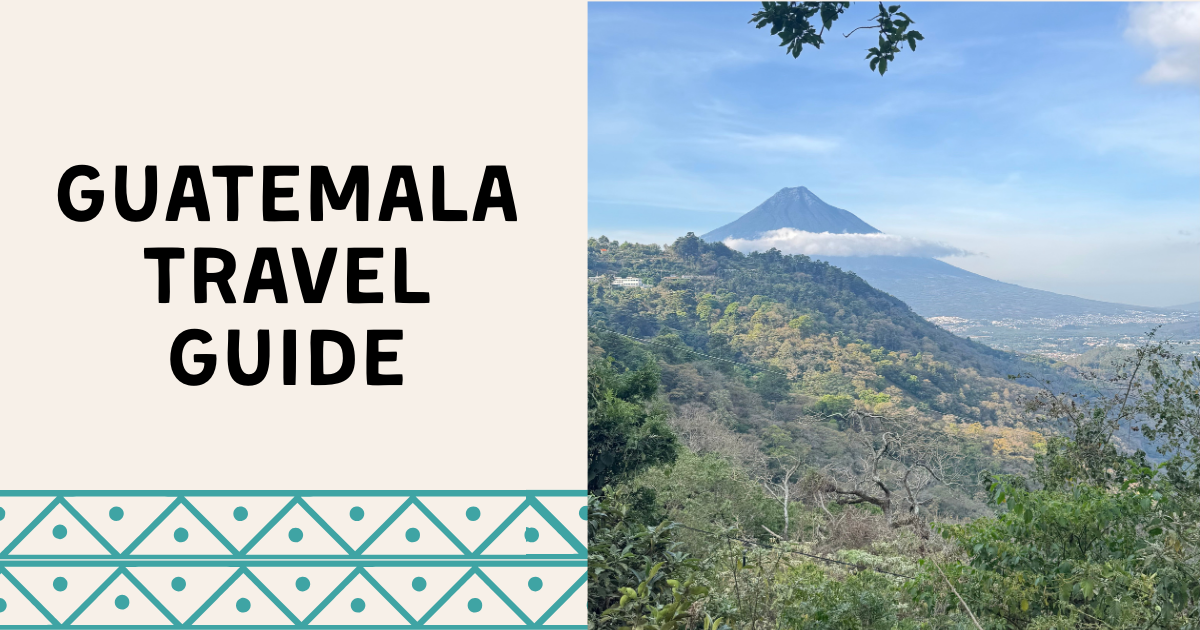In Guatemala, the cultivation of coffee has been intertwined with economic disparities and social inequalities for centuries. However, a transformative shift is underway with the rise of specialty coffee produced by small-lot farmers. This article explores how purchasing coffee from these farmers not only supports high-quality coffee production but also fosters greater equality and sustainability within Guatemala’s coffee industry.
The Rise of Specialty Coffee and Small-Lot Farmers
Traditionally, Guatemala’s coffee industry has been dominated by large plantations owned by wealthy landowners. These plantations often relied on exploitative labor practices and contributed to significant wealth disparities in rural communities. In contrast, small-lot farmers, typically indigenous or rural peasants, own small plots of land where they cultivate coffee alongside other crops.
Specialty coffee refers to high-quality beans that are carefully grown, harvested, and processed to enhance their unique flavors and aromas. Small-lot farmers focus on quality rather than quantity, often employing sustainable farming practices such as shade-grown cultivation and organic farming methods. This attention to quality and sustainability not only produces superior coffee but also benefits the environment and local communities.
Economic Empowerment and Community Development
Purchasing specialty coffee from small-lot farmers directly contributes to economic empowerment and community development in Guatemala. By bypassing middlemen and engaging in direct trade relationships, coffee buyers ensure that a fair share of the profits goes directly to the farmers who cultivate the beans.
For small-lot farmers, owning their land and cultivating specialty coffee provides a pathway to economic independence and stability. It allows them to diversify their income sources, improve their living standards, and invest in education and healthcare for their families. Additionally, many small-lot farms are family-run operations, preserving traditional farming knowledge and cultural heritage within indigenous communities.
Environmental Sustainability and Ethical Practices
Small-lot farmers often practice agroecology, a sustainable farming approach that integrates ecological principles into agricultural systems. This includes techniques such as intercropping, composting, and maintaining biodiversity through shade-grown coffee cultivation. These practices contribute to soil health, water conservation, and biodiversity conservation, promoting long-term sustainability in coffee production.
In contrast, large-scale plantations often rely on monoculture farming and chemical inputs, which can degrade soil fertility, contribute to deforestation, and harm local ecosystems. By supporting small-lot farmers who prioritize environmental stewardship, consumers contribute to the preservation of Guatemala’s rich biodiversity and natural resources.
Cultural Preservation and Social Equity
The coffee produced by small-lot farmers reflects the unique terroir of Guatemala’s diverse microclimates and regions. Each cup of specialty coffee tells a story of the land, the people who cultivate it, and the cultural traditions passed down through generations. By valuing and celebrating this diversity, consumers contribute to the preservation of Guatemala’s cultural heritage and promote social equity within the coffee industry.
Moreover, purchasing coffee from small-lot farmers fosters direct connections between consumers and producers, promoting transparency and accountability in the supply chain. Consumers can learn about the origin of their coffee, the farming practices used, and the impact of their purchase on local communities. This transparency encourages ethical consumption and empowers consumers to make informed choices that align with their values.
Purchasing specialty coffee from small-lot farmers in Guatemala is more than just enjoying a delicious cup of coffee—it’s a commitment to equality, sustainability, and ethical consumption. By supporting small-scale farmers who own their land and practice sustainable agriculture, consumers play a vital role in promoting economic empowerment, environmental stewardship, and cultural preservation within Guatemala’s coffee industry.
As consumer awareness grows and demand for ethically sourced products continues to rise, the impact of supporting small-lot farmers extends beyond economic benefits to fostering resilient communities and preserving the natural beauty of Guatemala’s coffee-growing regions. With every sip of specialty coffee, consumers have the opportunity to contribute to a more equitable and sustainable future for coffee farmers and their families.




